Christine Krzyszton
Christine Krzyszton
Senior Finance Contributor
354 Published Articles
Countries Visited: 100U.S. States Visited: 45
Christine ran her own business developing and managing insurance and financial services offices. This stoked a passion for points and miles and she now has over 2 dozen credit cards and creates in-dep...
Edited by: Nick Ellis
Nick Ellis
Senior Editor & Content Contributor
289 Published Articles 1133 Edited Articles
Countries Visited: 35U.S. States Visited: 25
Nick’s passion for points began as a hobby and became a career. He worked for over 5 years at The Points Guy and has contributed to Business Insider and CNN. He has 14 credit cards and continues to le...
& Juan Ruiz
Juan Ruiz
Senior Editor & Content Contributor
424 Published Articles 1062 Edited Articles
Countries Visited: 41U.S. States Visited: 28
Juan has extensive experience in writing and editing content related to credit cards, loyalty programs, and travel. He has been honing his expertise in this field for over a decade. His work has been ...
![The 9 Best Credit Cards for Paying Taxes in 2025 [And When It Makes Sense]](https://upgradedpoints.com/wp-content/uploads/2019/11/Stack-of-Credit-Cards-on-top-of-utility-bills-Upgraded-Points-LLC-1.jpg?auto=webp&disable=upscale&width=1200)
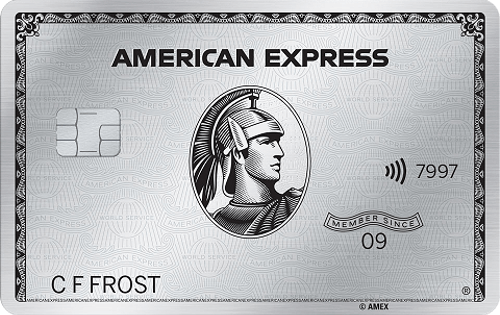


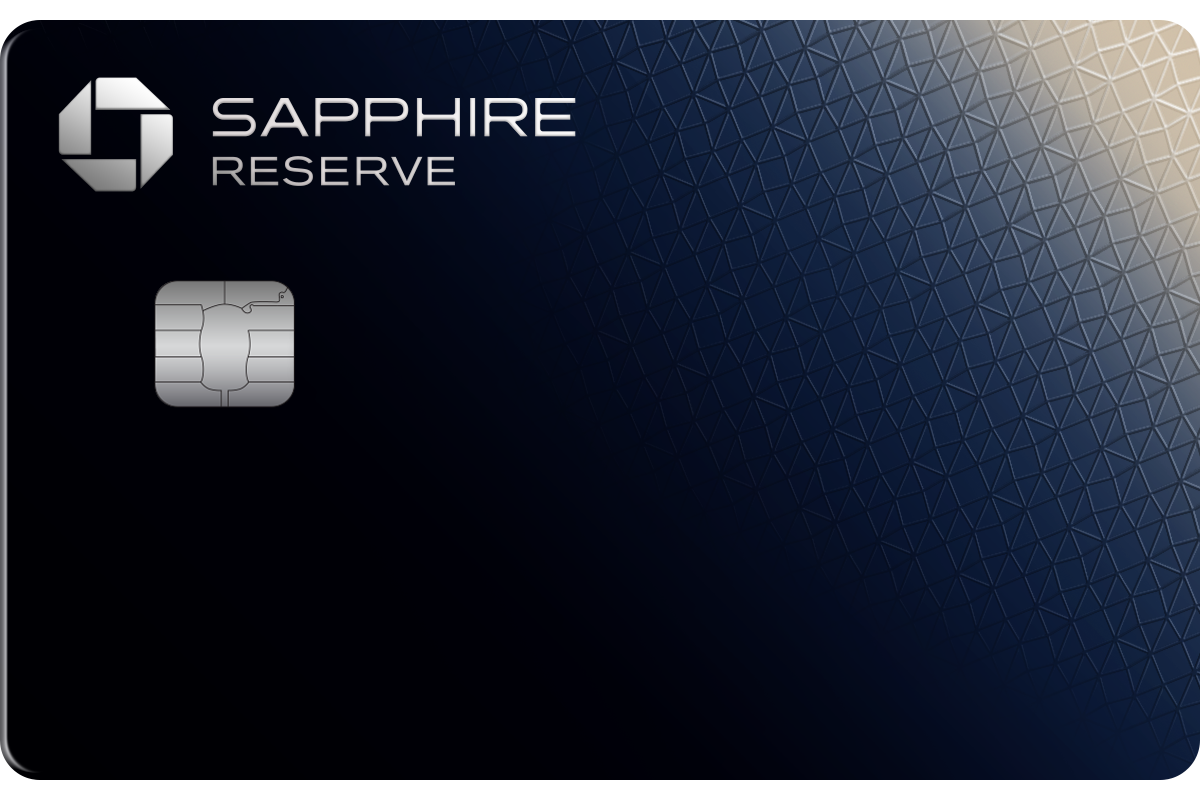
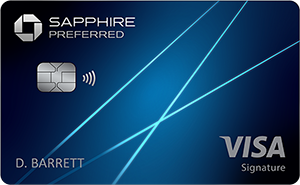
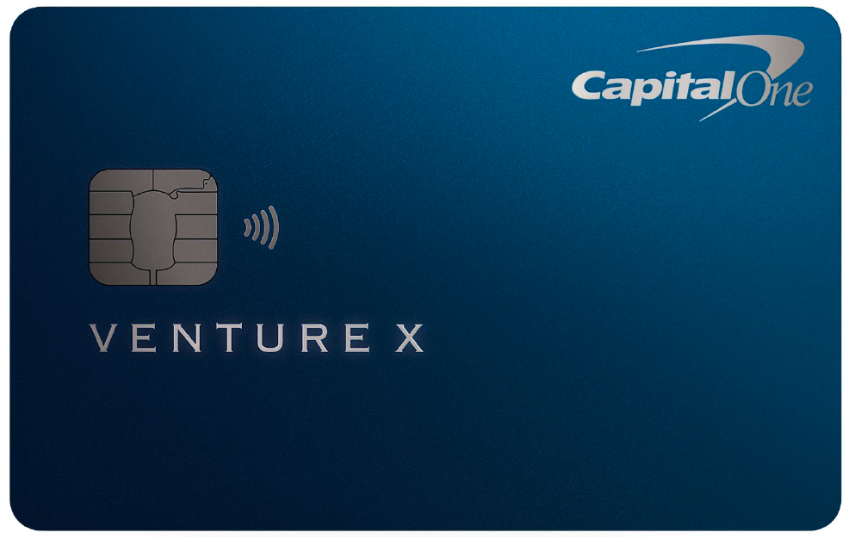
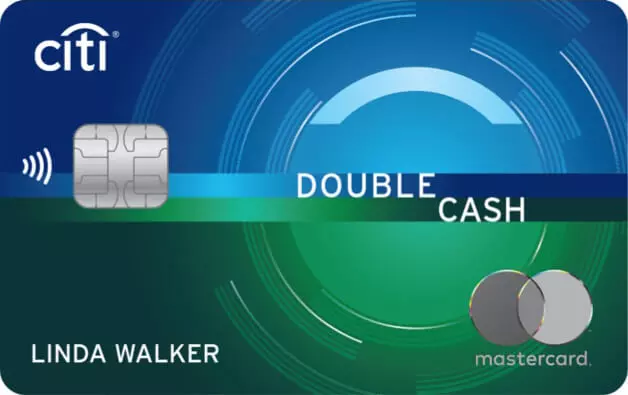

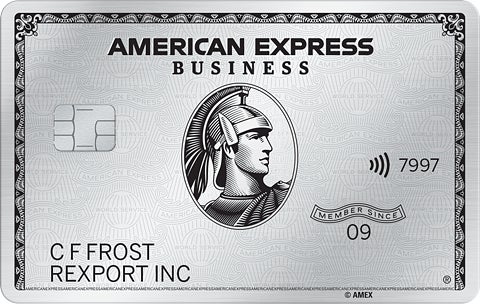
![IHG One Rewards Traveler Credit Card — Review [2025]](https://upgradedpoints.com/wp-content/uploads/2023/06/IHGOneTravelerCard.png?auto=webp&disable=upscale&width=1200)
![IHG One Rewards Premier Credit Card Review – Full Review [2025]](https://upgradedpoints.com/wp-content/uploads/2019/08/IHG-One-Rewards-Premier-Credit-Card-.png?auto=webp&disable=upscale&width=1200)
![Capital One Savor Cash Rewards Credit Card — Full Review [2025]](https://upgradedpoints.com/wp-content/uploads/2024/10/new-Savor-card-art.png?auto=webp&disable=upscale&width=1200)
![The 6 Best Credit Cards With Low Interest Rates [2025]](https://upgradedpoints.com/wp-content/uploads/2023/01/Chase-Freedom-Unlimited-Supermarket-Upgraded-Points-LLC.jpg?auto=webp&disable=upscale&width=1200)